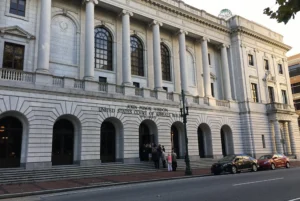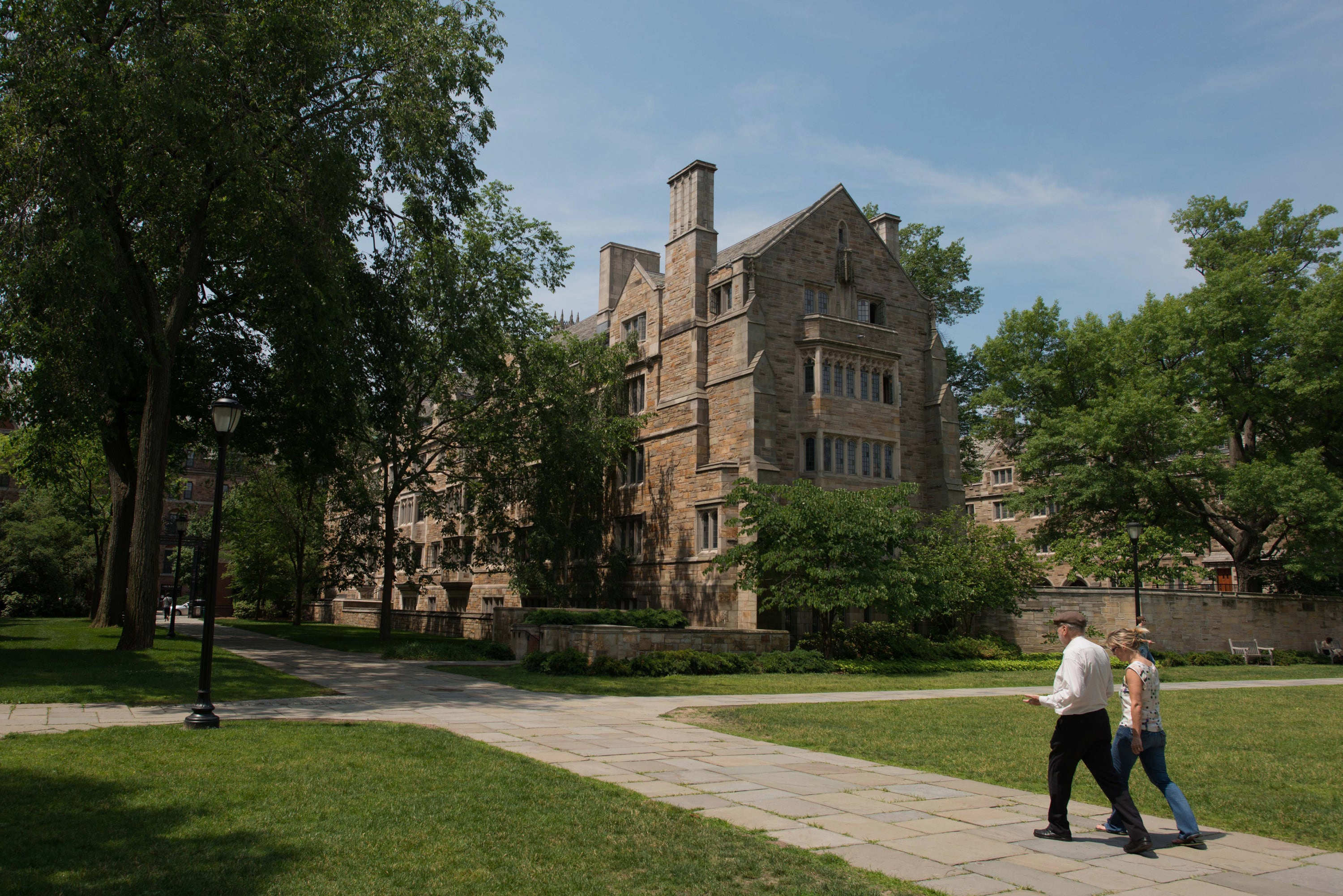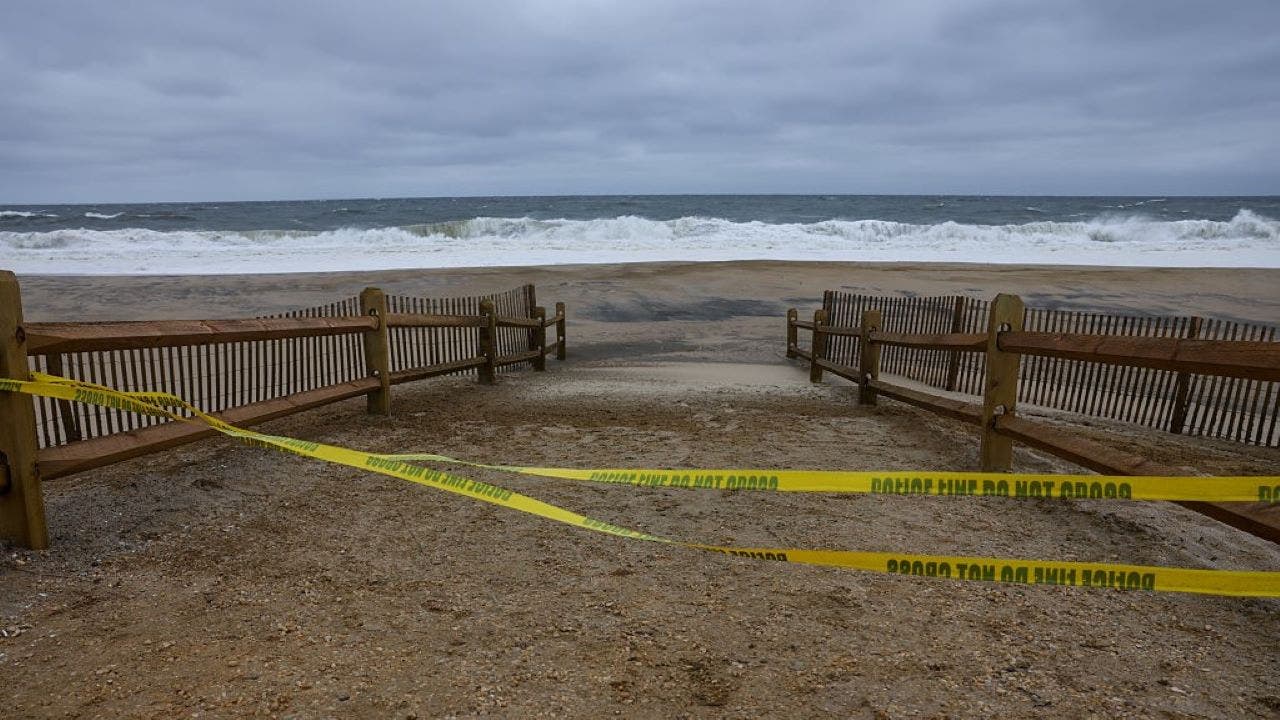Thomas Chatterton Williams is a well-known essayist and author, now age 44 and resident in Paris rather than the United States since 2012. A biracial black man, he regularly dissents from prevailing conventions and intends this book, his third, to be “an unsentimental assessment of the social justice left, and the agenda-setting institutions that repeatedly caved and pandered to its excesses” in the three-plus years following the May 2020 killing of George Floyd in Minneapolis. He seeks “to retrace the radical and profound intellectual and social history of that year’s rupture” and to critique “the new soft power of identitarian social orthodoxy” that has emerged from “the ill-conceived identity politics of the left.”
Summer of Our Discontent is, in different passages, both deeply optimistic and despairingly pessimistic about the near-term American future. Williams notes that 2024 “was the least racially polarized election since 1972” and writes that an “authentically color-blind society is the final destination every Western society must assiduously direct itself toward.” He believes that “free speech is the bedrock for all subsequent rights and assurances” and calls for us to “honor and engage with people as individuals.”
Williams mourns how “the short-lived color blind vision of the civil rights movement has … given way to an identity politics of irreconcilable group differences” that “obliterates every marker of individuality.” Summer ponders at some length how the gleaming promise so readily visible in the winter of 2008–09 dissipated first so quickly and then so totally. “How difficult it is even to recall,” Williams writes, “that more innocent and in retrospective frightfully naïve moment in American … culture, when the ascent and election of Barack Hussein Obama to the U.S. presidency momentarily seemed to herald … the dawn of a whole new so-called post-racial, genuinely progressive epoch of multiethnic social harmony.”
“The promise of Obama,” Williams continues, “was supposed to be at once tangibly redemptive and symbolically larger than life” and would “make possible the immediate transcendence … of racial identity.” But that did not come to pass, and Williams focuses on a deeply perceptive 2011 essay by the black cultural critic Gerald Early to plumb why that was the case. It’s little remembered now, but in the summer of 2009 Obama’s friend Henry Louis Gates, a prominent Harvard professor, was arrested at his own home in Cambridge after an erroneous report brought police to his door.
Obama then publicly opined that law enforcement had “acted stupidly” in detaining Gates, and Early concluded that off-the-cuff comment “may have marked the beginning of the end of the fragile racial unity and hope that Obama’s presidency had inspired.” Black writer Ta-Nehisi Coates thought similarly about that remark, musing that “a lot of people voted for Obama on what they thought was the understanding that he would never take the part of a black person against a white person.” Notwithstanding an obviously awkward “beer summit” where both Gates and the arresting officer joined the president and vice president at the White House, Williams rightly concludes that “Obama’s intervention proved catastrophic” for his polling numbers among white Americans and for the biracial pride this country’s first black president had generated.
But above and beyond the lost promise of the Obama presidency, Williams is dismayed and puzzled by why in more recent years “discontent has exploded even as life in the United States in real terms has never been better—or fairer—for black people.” Today’s United States, he writes, is “a society that is frankly more democratic, multiethnic, and egalitarian than any other in recorded history.” The answer, Williams rightly recognizes, lies in the tradition of what we might best call “Afro-pessimism,” which in its modern garb reaches back to the latter-life writings of law professor Derrick Bell, who insisted in a 1992 book that “racism is not a passing phase” but instead is a permanent and ineradicable feature of American life. That’s “a worldview devoid of belief in the possibility of meaningful or transformative progress,” Williams writes, but in recent years it’s been widely publicized by a small coterie of authors both white and black.
Summer treats their presumptions with appropriate contempt, for their “obsession with identity and valorous narratives of marginalization and oppression” creates “a soul-crushingly determinist landscape devoid of human agency.” In the most visible particular, “an unending narrative of ‘racism'” employs a virtually unbounded definition which has been “expanded so far beyond any layperson’s understanding as to be virtually unrecognizable.”
Williams revisits a number of 2020’s most dishearteningly brutal, indeed sometimes deadly, urban disorders, and highlights how much of the “violence and wanton vandalism in the name of ‘black lives‘ was frequently perpetrated by white people,” most notoriously in Portland, Ore., this country’s whitest major metropolitan area. Summer also gently wonders whether the horrific January 6, 2021, assault on the U.S. Capitol was at least to some degree inspired by “the not just tolerated but quite often celebrated lawlessness that defined the previous summer.”
Williams’s pessimism increases further once he addresses the U.S. aftermath of the Palestinian slaughter of more than 1,200 Israeli residents on Oct. 7, 2023. I’ve read an awful lot about that day, but I’ve never before seen an account which highlights how the victims included not just more than three dozen Thai agricultural workers but also a 21-year-old Tanzanian man, i.e., a black African, who was egregiously tortured and dismembered. That horrific pogrom “remade the culture and politics of the United States all over again,” as “denial, justification, and even the glamorization of that violence began immediately” across large swaths of the progressive left. That behavior “exposed a shocking moral blindness” concerning the Jewish state, notwithstanding how, to cite just one of the most glaring progressive hypocrisies, Israel is “the only Middle Eastern society in which gay rights are robustly safeguarded.” All in all, the aftermath of Oct. 7 revealed “a larger social justice movement whose worldview could not honestly account for the shameless violence of Hamas and did not wish to do so.”
Williams is unsurprisingly hostile toward Donald Trump, “a demagogic carnival barker” whom he labels “ghoulish and farcical.” Trump’s November 2024 reelection to the presidency sends Williams’s pessimism about the United States into a rhetorically accelerating nosedive, as he asserts that “there is something deeply wrong in our society, and there has been for some time now. The unique threat to American, and global, democracy that Trump and his movement represent cannot be excused or downplayed; it may well mark a pivotal moment in the country’s decline.”
That may be one man’s histrionic view from Paris, but it betrays an extreme case of the “Trump derangement syndrome” (TDS) that Williams himself powerfully invokes five chapters earlier in a trenchant critique of how the New York Times publicly abandoned journalistic professionalism during the tumultuous summer of 2020. In part the Times‘s descent “from paper of record to organ of ‘the resistance'” can be traced to a business model in which catering “to a self-selecting and increasingly politically motivated subscribership” boils down to “monetizable TDS.” One reflection of a loss of journalistic professionalism is what’s termed “motivated ignorance, a purposeful turning away from easily accessible facts” which are politically unpalatable and thus will simply not be reported.
Williams correctly states that the loss of professionalism at the Times “has done immeasurable harm to the national trust,” but he fails to consider how the progressive monoculture’s infection of the Times and likewise the Washington Post, where it may now be in remission, will continue to seriously damage America for many years after Donald Trump exits the political scene. Williams rues “the political and moral disaster in which we now find ourselves” during Trump’s return to the presidency, but the partisan rending of American society both predated and will certainly outlast his term of office. As Summer of Our Discontent mournfully reports, “a remarkable and increasing number of Americans”—right as well as left—”believe themselves not only justified but entitled to resolve political disagreements by force.”
Summer of Our Discontent: The Age of Certainty and the Demise of Discourse
by Thomas Chatterton Williams
Knopf, 245 pp., $30
David J. Garrow’s books include the Pulitzer Prize-winning Martin Luther King Jr. biography Bearing the Cross and Rising Star: The Making of Barack Obama.
Read the full article here









